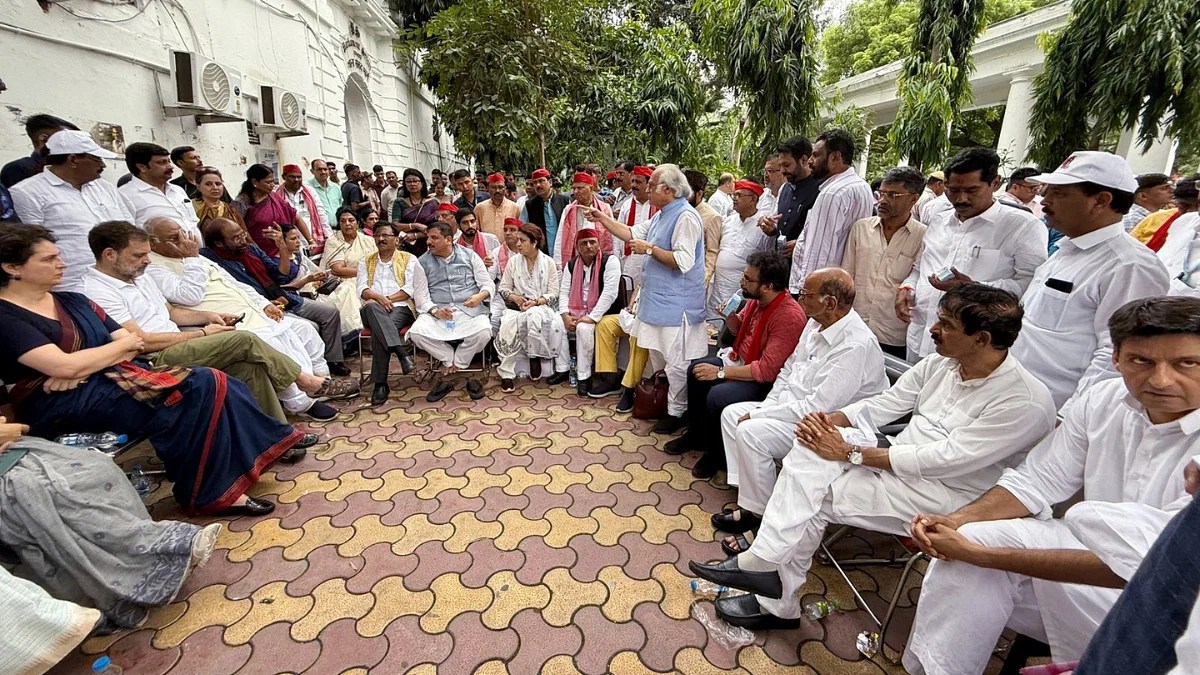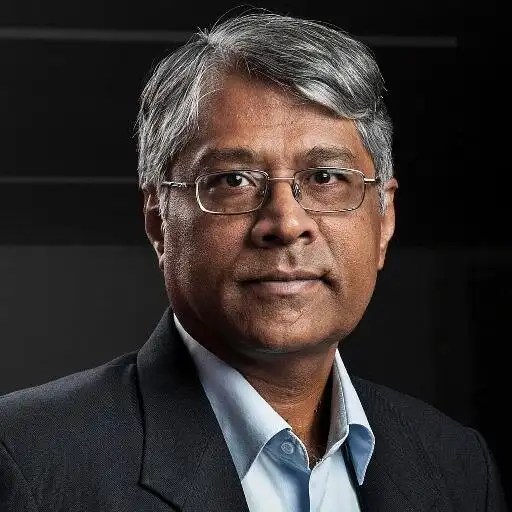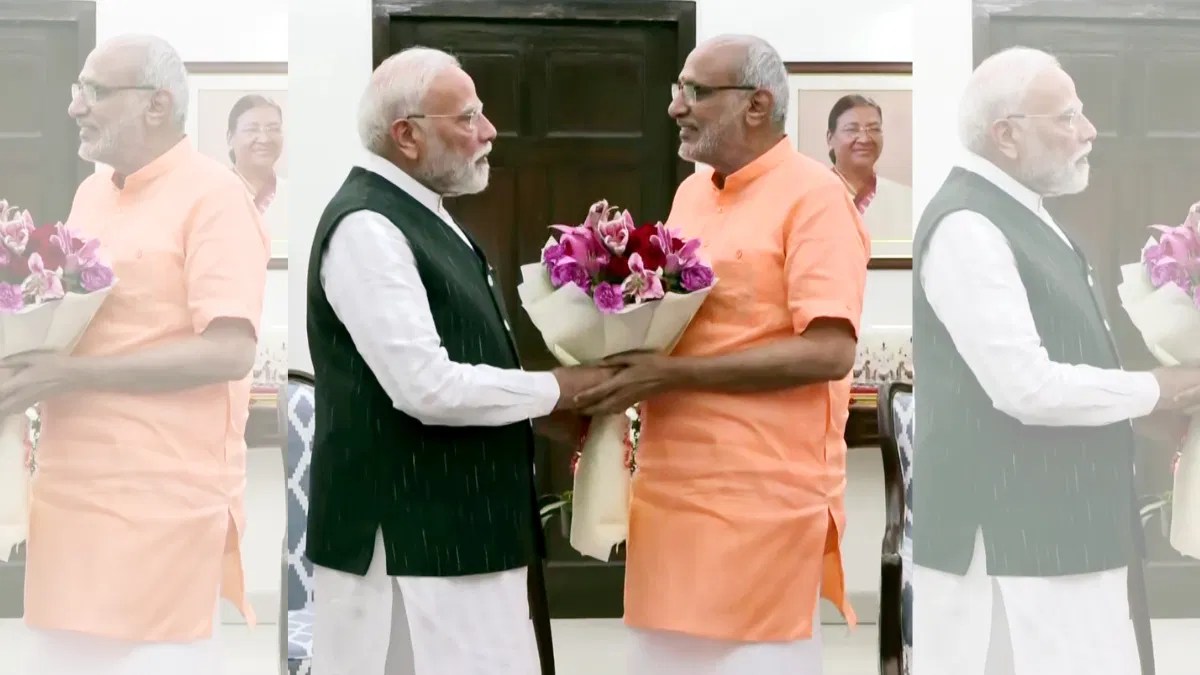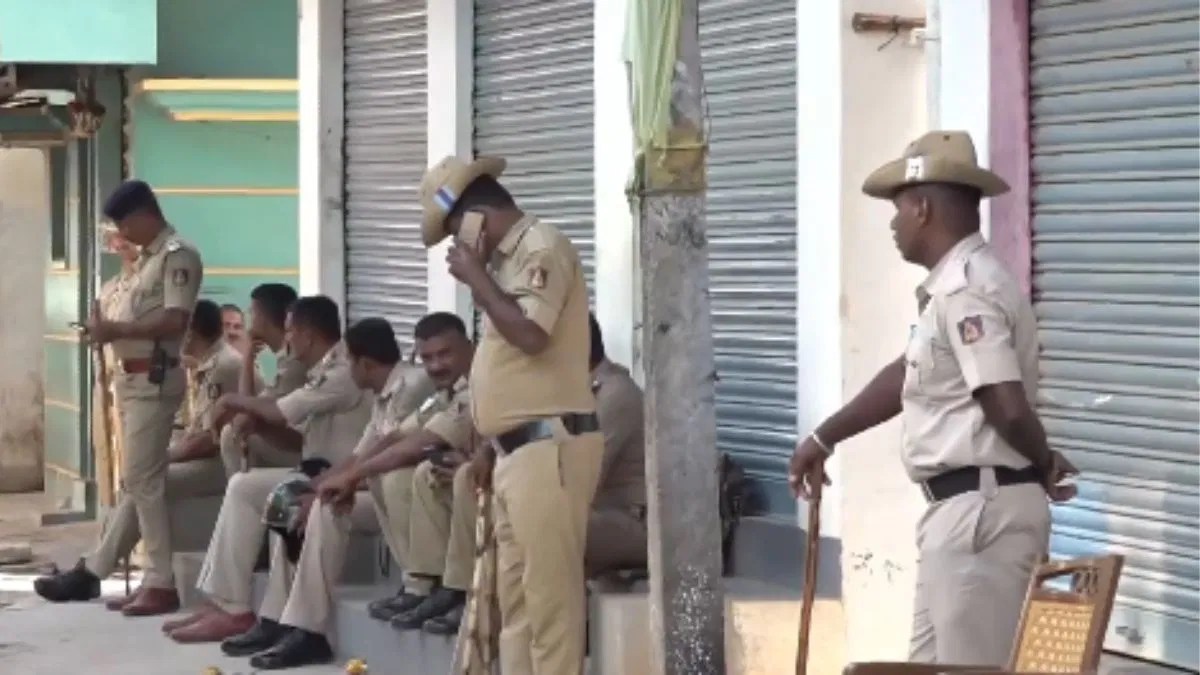In As we speak’s India, Some Will Not be Indians No Matter How Many Paperwork They Possess – Janata Weekly
There are two processes unfolding concurrently with the electoral roll revisions in Bihar.
The primary is a never-before-seen bureaucratic narrowing down in how voters get to remain on the rolls in Bihar and acquire the proper id paperwork. On the similar time, it’s proving unimaginable to fulfill the bureaucratic remit of documentary proof on this election and past.
As has been made clear by the checklist launched by the Election Fee on Sunday of the 65 lakh names that had been faraway from the draft roll, the Particular Intensive Revision is prone to result in large-scale disenfranchisement. It may be seen as a part of a broader development by the Indian state to create a brand new class of “extraordinary residents” who stand other than mere “odd residents”.
“Unusual residents” would possibly even possess the proper paperwork and id paperwork from Aadhar to ration playing cards however their belonging and “true Indianness” will at all times be suspect.
Extraordinary residents are Indians who’ve ticked each field of proving their belonging and their proper to vote not simply within the documentary and procedural senses but in addition socially, politically and ideologically.
Extraordinary residents and odd residents
Till just lately, India’s electoral regime has been characterised by a laudable anxiousness and democratic creativeness to make sure that the election authorities deliberate for voters’ adversity, precarity, dispossession and even their emotional ties. In different phrases, voters have been thought-about to be odd residents.
This administrative openness is now intentionally being narrowed down. The voice of residents has turn into one thing to be legally confirmed with an unprecedented stringency. This bureaucratic constriction demonstrates that India is getting into a darkish new terrain.
In Bihar, the Election Fee has set out 11 paperwork for voters to be included within the rolls. The issue lies partly in what’s included on the checklist – and what’s not.
Moreover, possessing these paperwork doesn’t imply an individual stands robotically recognized, as in addition they must go the take a look at of verification.
Id paperwork usually are not merely items of sovereign state-issued paper. In addition they bear the markings of deeply plural but distinctive histories of individuals’s battle. Our analysis exhibits that in bureaucratic processes of offering id paperwork, inclusive outcomes have resulted not simply from political patronage and canny middlemen who’ve aided the poor in securing paperwork.
Slightly, they’ve resulted from a deeply democratic creativeness of who belongs, marked by significant reciprocities between the enumerators and the enumerated. Bureaucratic latitude and an openness to interact with complicated manifestations of residential circumstances has been completely important.
As educational Ornit Shani’s work on the historic making of the electoral rolls has proven, there was a capaciousness within the early creativeness of the Election Fee when it comes to the number of paperwork that have been allowed as proof of id for voters to be registered in newly unbiased India.
Even the Handbook on Electoral Rolls ready by the Election Fee solely in March 2023 may be very clear on the class of “odd residents”.
Chapter 8 of the handbook clarifies that voters do not need to have lived in a spot for 180 days to be included on the rolls. As an alternative, the Electoral Registration Officer in addition to the Sales space Degree Officer have been required to “decide a query as to the place an individual is odd resident”. Though it put a premium on the idea of “everlasting residence”, this was introduced as an concept fairly than a particular administrative reality.
This standing turns into clear when the Election Fee handbook explores such classes of residents as homeless individuals, intercourse employees, migrant employees and in addition, fascinatingly, abroad residents.
Even because the handbook prescribed seven paperwork (together with Aadhaar and passport) as proof of voter eligibility, it didn’t strictly consign Sales space Degree Officers to comply with these fiats. As an alternative, Sales space Degree Officers have been anticipated to depend on wise discretionary practices akin to checking if the homeless particular person continued to be resident in the identical place and submit verification stories to the Electoral Registration Officer.
Even within the excessive case of abroad Indian residents, whom the Election Fee clearly noticed as non-resident, the method included them as a class of voter. The authority was certain to recognise the 2010 modification of The Illustration of the Individuals Act underneath Part 20A, which indicated that they could possibly be anticipated to be counted as voters so long as they retained their Indian citizenship.
Belonging in New India
Additionally it is essential to recollect the non-documentary methods wherein belonging and identification work in observe within the Indian state.
The starkest instance of that is the current crackdown on Bengali-speaking migrants throughout India. Bengali migrants have been detained in Rajasthan, Odisha, Chhattisgarh, and just lately a number of have left Delhi and Gurugram earlier than they have been accused of being “unlawful” Bangladeshis.
Equally, 1000’s of Muslims in Gujarat – lots of whom possessed the supposedly right paperwork – have been just lately rendered homeless after the same crackdown.
Being documented or holding the proper papers – together with the much-vaunted Aadhaar – doesn’t anymore qualify anybody for Indian citizenship nor shield them from violence. What India is seeing at present is the creation of a brand new class of individuals whose citizenship is suspect due to caste, class, gender, title, language, occupation and, even, speech, gown and deportment.
In distinction, extraordinary residents stand other than odd residents within the sense that they haven’t solely achieved the near-impossible feat of possessing all the proper id paperwork but in addition exhibit the suitable traits of belonging to New India. These residents can instantly be recognized as appropriate and respectable.
As well as, these extraordinary residents meet necessities which may be shifting– on this case, of voter id, whereas additionally ticking majoritarian bins of political acceptability. Solely a harmful naivete would lead Indians to consider that they’ll eternally stay exempt from this unimaginable process of proving extraordinary citizenship.
A superb instance of this immense bureaucratic energy to exclude somebody from citizenship is the train to replace Assam’s Nationwide Register of Residents. It was meant to function a authorized report of the rightful residents of the state. The up to date register that first got here out in August 2019 excluded a staggering 1.9 million folks, successfully rendering them stateless.
As journalist Abhishek Saha confirmed in his guide No Land’s Individuals, this actually was a disaster wherein just a few remained protected from the concern of imminent statelessness. In her work on the Nationwide Register of Residents, the tutorial Fariya Yesmin demonstrates that some Muslim minorities legitimately feared being categorised as foreigners for non-documentary causes akin to “look, faith, and language”.
What each Bihar’s Particular Intensive Revision and Assam’s Nationwide Register of Residents show is that even probably the most closely documented could possibly be swallowed up by the bureaucratic machine and spat out as insufficient.
In India at present, residents may possess a plethora of paperwork however that doesn’t stop a few of them from being rendered unlawful, whether or not by a Foreigners Tribunal in Assam or the Election Fee in Bihar.
An unimaginable Identification
Our analysis has additionally proven that it’s extremely tough for folks – particularly minorities, migrants, and marginalised communities – to own the proper id paperwork always. Beneath the strictures laid down by processes such because the Nationwide Register of Residents, they incur the chance of being nothing apart from unlawful.
What makes it additional unimaginable to gauge how new processes of figuring out voters or residents will go is that there’s a terrifying timing to them. Each the documentary and non-documentary modes of identification may – if harmful measures such because the Particular Intensive Revision are allowed to proceed – shift swiftly according to political expediency.
As an illustration, within the case of Bihar’s voters, the upcoming elections can come to instantly matter with a specific urgency.
Regardless of our critique of paper-based id doc regimes, it’s clear that their transformation into cloud-based and different digital authentication mandates has not cleared the best way for simply welfare practices. Past the deaths that occurred both when beneficiaries of the Public Distribution System starved to demise as a result of their ration playing cards weren’t linked to their Aadhaar, we’ve newer fictions of individuals being declared lifeless by the Haryana state-issued Parivar Pehachan Patra (Household ID), which is algorithm-driven.
The place a consultative means of identification doesn’t exist, neither paperwork, cloud-based identities, nor algorithms can set up folks’s identities.
The Particular Intensive Revision in Bihar is being described as an train that brings in a Nationwide Register of Residents throughout India via the backdoor. Whereas the parallels – particularly this query of who’s a citizen and who just isn’t – are evident right here, there are resonances but in addition disparities.
Staying attentive to the modifications in how the Election Fee is defining the roll revision in Bihar present a associated however completely different strategy to the query of not simply who can vote in New India however fairly who can stay in it.
As Assam’s Nationwide Register of Residents (evidenced by the “uncertain” or “D” voter standing making use of to voters in Assam who couldn’t show their citizenship) and the present Particular Intensive Revision have proven, a non-voter can be very prone to be counted as a non-citizen.
What is evident is that paperwork and id playing cards have assumed monstrous powers over marginalised lives and that the state is clearly going additional down the trail of checking out who can and can’t belong in New India.
[Nayanika Mathur is the author of Paper Tiger: Law, Bureaucracy and the Developmental State in Himalayan India. Tarangini Sriraman is the author of In Pursuit of Proof: A History of Identification Documents in India. Courtesy: Scroll.in, an Indian digital news publication, whose English edition is edited by Naresh Fernandes.]
Source link
latest video
latest pick
news via inbox
Nulla turp dis cursus. Integer liberos euismod pretium faucibua





















